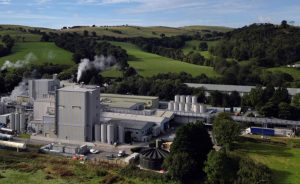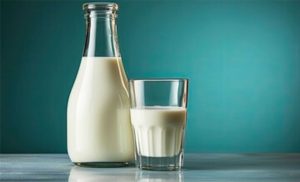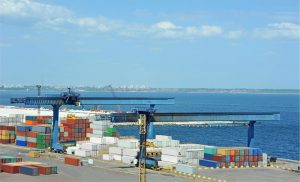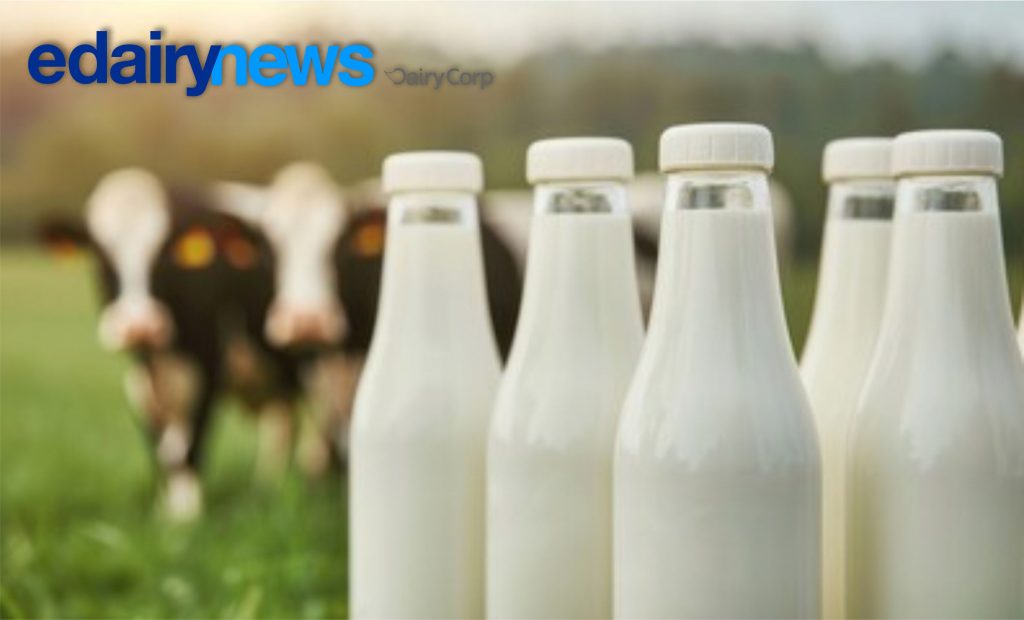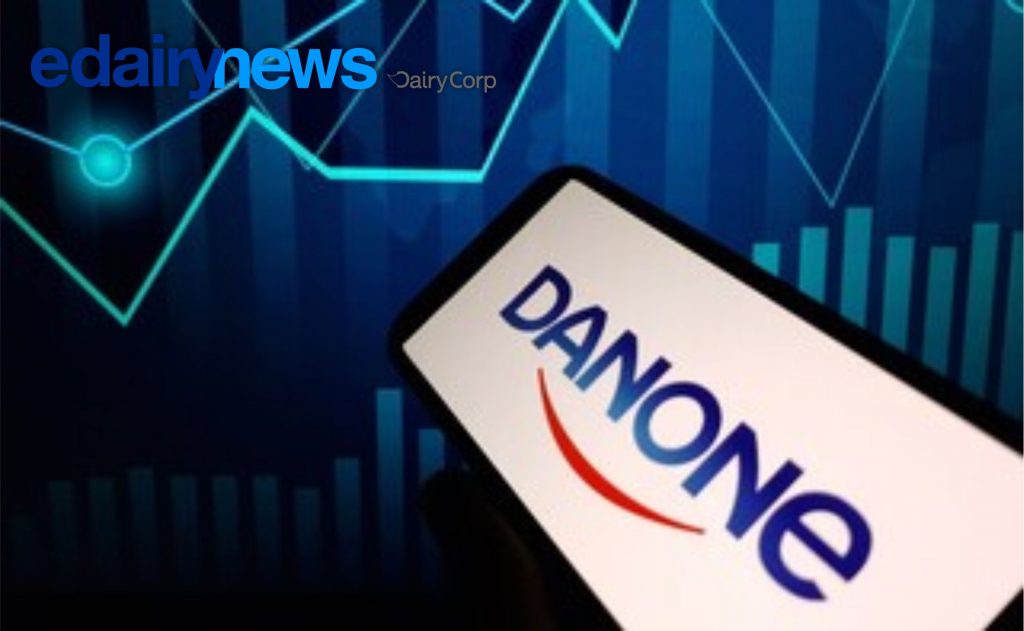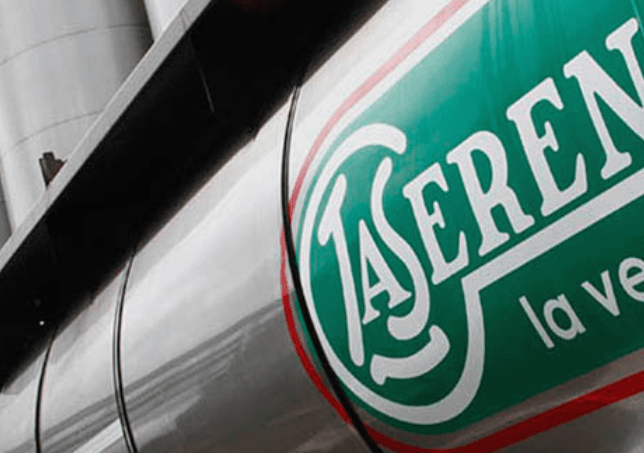Certainly, the Federal Treasurer, Josh Frydenberg, believed it would be “contrary to the national interest” to allow the sale to proceed.
But who asked the dairy farmers?
Between the farmers in Far North Queensland who supply Lion’s Malanda factory and those in SEQ, there are around 100 dairy farms in Queensland who are currently locked in contracts with Lion. These farmers have had to put up with an unsustainable farmgate price for almost two years while Lion found a legitimate buyer and the sale price negotiated. These farmers were expecting that price to increase once the Mengnui sale went through.
Now, those farmers face a very uncertain future.
So far, all the talk has been about the value of the physical assets involved in the sale including the nine processing plants throughout Australia and the equity of brands like Dairy Farmers and Big M flavoured milks.
Very little concern has been shown to the grassroots farmers who supply them.
Under the new Mandatory Dairy Code of Conduct, those on existing long-term contracts will have to renegotiate with Lion come January 2021. That will be no small undertaking given that Lion has indicated it does not have the funds or the inclination to continue operating its Dairy and Drinks division in Australia.
There has been speculation as to who of the few remaining major players left in the Australian dairy industry would now be in the financial position to put in a bid. Currently, the front runner appears to be Bega Cheese. But it makes little financial or logical sense for Bega to enter the Queensland processing market, or for plants in WA, Tasmania or SA where they are not currently set up.
The fact remains that the dairy farmers who have already put up with years of uncertainty and unsustainable pricing under Lion seem to be forgotten by the big boys in this international game of intrigue.
We must hope that from here on in, the players have some thought for the livelihoods of the farmers who are caught in the middle.

